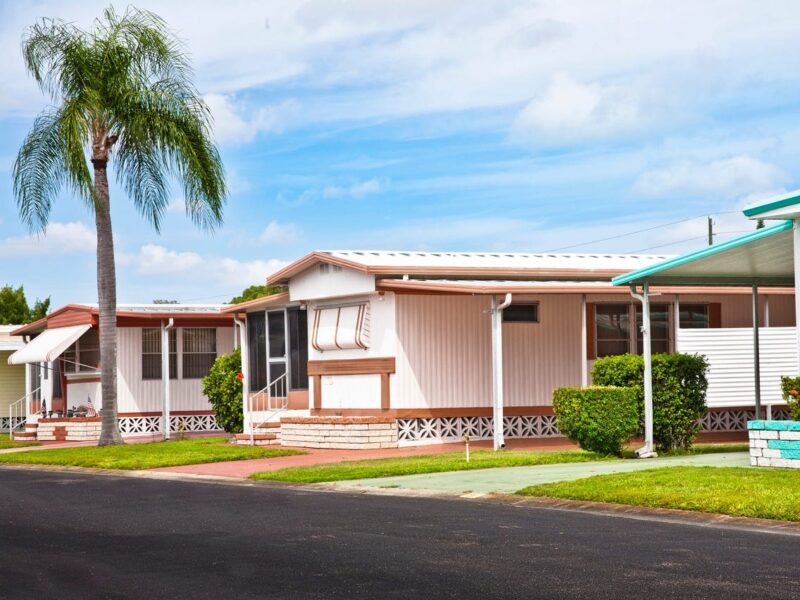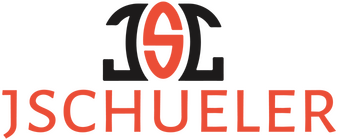Introduction
For many people, the aspiration of owning a home represents a lifelong dream. It’s a place where experiences are had, and roots are established. In recent years, modular homes have emerged as a practical and cost-effective option for those looking to realize this dream. These homes offer advantages such as affordability, energy efficiency, and quicker construction times. However, the process of financing a modular home can differ from traditional home loans. In this article, a closer look at modular home loan procedures will be looked upon, exploring the ins and outs of financing these unique properties.
Defining Modular Homes
Before delving into the intricacies of modular home loans, it’s essential to understand what a modular home is. A modular home is a type of prefabricated dwelling that is constructed in sections or “modules” within a factory setting. These modules are then transported to the home site and assembled into a complete house. Modular homes come in a wide range of designs, from simple and practical to intricate and customized, providing prospective homeowners with plenty of options.
Modular Home Loans: The Fundamentals

These home loans share similarities with traditional home loans, but they do possess distinct features. Here is a summary of what individuals need to know:
- Finding the Right Lender: Not all lenders offer these loans, so it’s crucial to connect with a lender experienced in financing these types of properties. Modular home loans are typically offered by banks, credit unions, and specialized lenders.
- Land Considerations: For those planning to place their modular home on land they own, securing a land loan or lot loan may be necessary in addition to the modular home loans. Combining these loans can help finance both the land and the home.
- Appraisal and Inspection: Lenders may require specialized appraisal and inspection processes for modular homes. These steps ensure that the home complies with local building codes and meets high construction standards.
- Construction Timeline: One significant advantage of modular homes is their quicker construction time. This can affect the loan process, as lenders may release funds in stages to align with the modular home’s construction milestones.
- Down Payment and Credit Score: Similar to traditional home loans, the down payment and credit score requirements for modular home loans can vary. Prospective buyers should discuss these details with their lenders and prepare to meet specific criteria.
Advantages of Modular Home Loans
- Cost-Effectiveness: Modular homes are often more budget-friendly than traditional site-built homes due to efficient manufacturing processes and less construction waste.
- Energy Efficiency: Many modular homes are designed with energy efficiency in mind, leading to lower utility bills and a reduced environmental footprint.
- Customization: Modular homes offer a high degree of customization, allowing homeowners to design their dream homes with various layouts and finishes.
- Quick Construction: Modular homes can be ready in significantly less time than traditional homes, meaning homeowners can move into their new homes sooner.
In Conclusion
Modular homes have become an attractive and affordable housing option, and modular home loan is instrumental in turning homeownership dreams into reality. While these loans resemble traditional home loans in many ways, they also come with unique features and considerations. Prospective buyers should collaborate closely with experienced lenders and navigate the loan process thoughtfully. With the right financing in place, individuals can fully embrace the numerous benefits that modular homes offer, turning their homeownership aspirations into a joyful reality.


